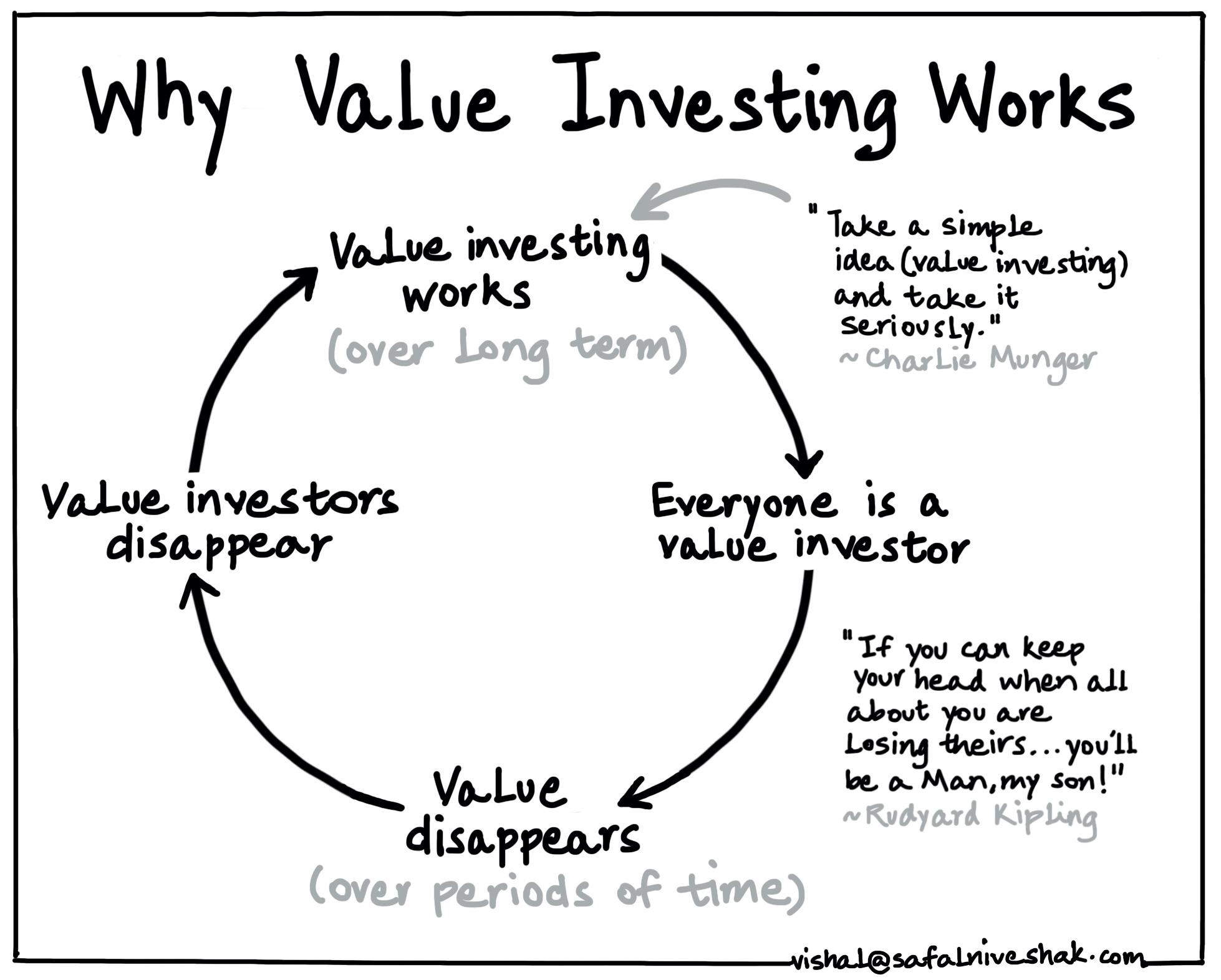If the idea of buying the stock market scares you, you are not alone. People with very restricted experience in stock investing are either frightened by scary stories of the average financier losing 50% of their portfolio valuefor example, in the 2 bear markets that have actually already occurred in this millennium or are seduced by "hot pointers" that bear the promise of substantial benefits however hardly ever pay off.
The truth is that purchasing the stock market brings threat, however when approached in a disciplined way, it is among the most efficient methods to develop one's net worth. While the worth of one's house normally represents the majority of the net worth of the average individual, most of the affluent and really abundant generally have the majority of their wealth purchased stocks.

Key Takeaways Stocks, or shares of a company, represent ownership equity in the firm, which offer shareholders voting rights in addition to a residual claim on corporate incomes in the kind of capital gains and dividends. Stock markets are Check out here where private and institutional financiers come together to purchase and sell shares in a public place.
A private or entity that owns 100,000 shares of a company with one million exceptional shares would have a 10% ownership stake in it. The majority of companies have exceptional shares that run into the millions or billions. Typical and Preferred Stock While there are 2 primary types of stockcommon and preferredthe term "equities" is associated with typical shares, as their combined market price and trading volumes are numerous magnitudes bigger than that of favored shares.
Preferred shares are so called because they have preference over the typical shares in a company to receive dividends along with properties in case of a liquidation. Typical stock can be further categorized in terms of their voting rights. While the basic premise of typical shares is that they need to have equivalent ballot rightsone vote per share heldsome companies have double or numerous classes of stock with different ballot rights connected to each class.